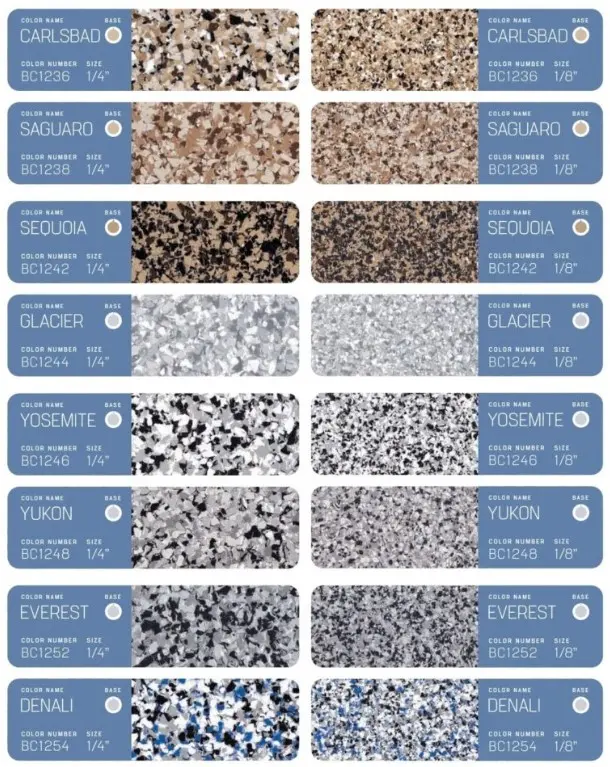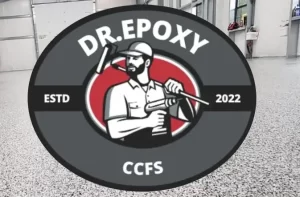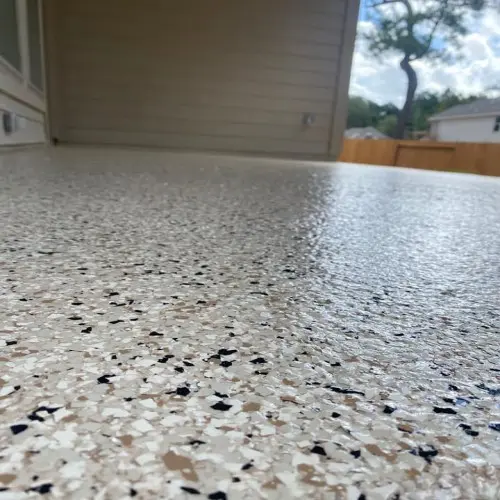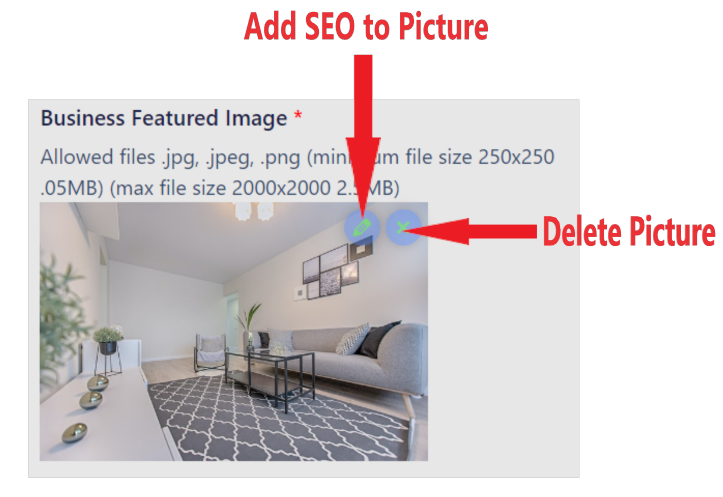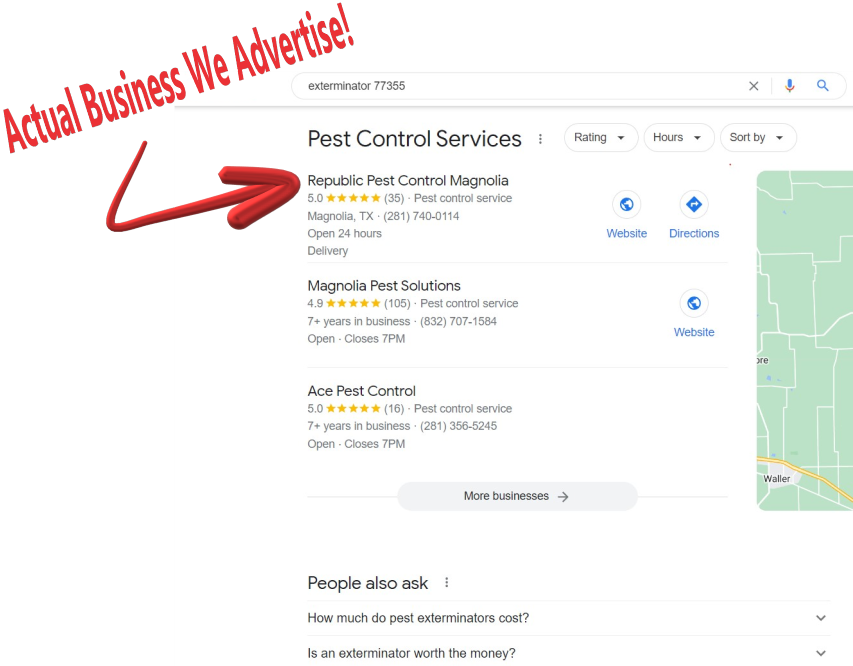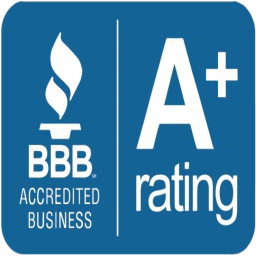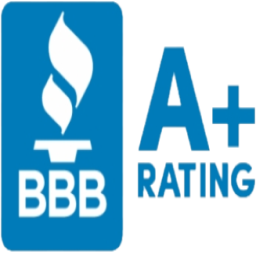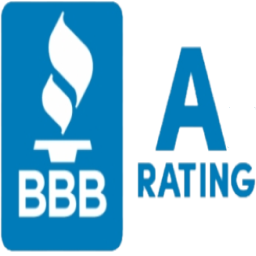When it comes to choosing the right coating for your garage floor, the decision often comes down to two popular options: garage floor paint and epoxy flooring. Both solutions offer unique benefits and drawbacks, and the best choice depends on your specific needs, budget, and expectations. This article explores the key differences between garage floor paint and epoxy, helping you make an informed decision for your garage flooring project.
Overview of Garage Floor Paint
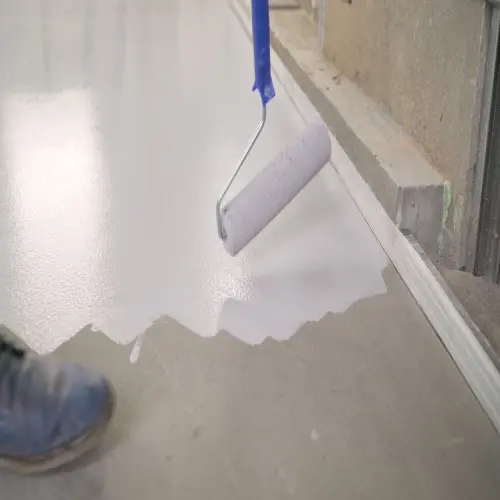
Garage floor paint is a quick and cost-effective way to enhance the appearance of a concrete garage floor. Typically, this type of paint is either a latex acrylic product or a 1-part oil-based paint enhanced with epoxy. Garage Floor Paint is designed to be easy to apply and is available in a variety of colors.
Pros of Garage Floor Paint:
- Cost-Effective: Generally less expensive than epoxy.
- Easy Application: Can be applied directly with minimal surface preparation.
- Quick Drying: Often dries within 24 hours, allowing for a speedy renovation.
Cons of Garage Floor Paint:
- Durability: Less durable than epoxy; prone to chipping and peeling under heavy traffic.
- Maintenance: Requires regular touch-ups and reapplication to maintain appearance.
- Protection: Offers minimal protection against stains and moisture.
Overview of Epoxy Flooring
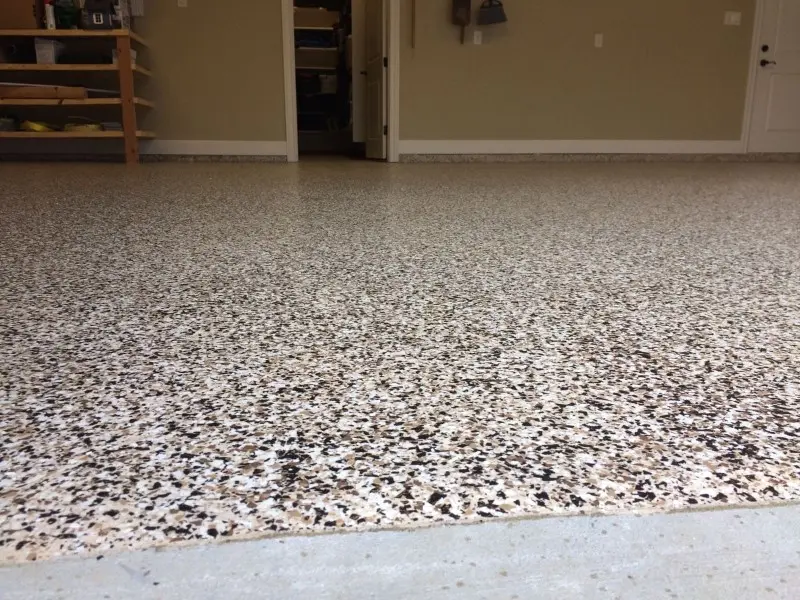
Epoxy flooring is a two-part system that includes a resin and a hardener. When mixed together, they form a durable, resistant coating that strongly adheres to concrete. Epoxy Flooring is renowned for its strength, durability, and the seamless finish it provides.
Pros of Epoxy Flooring:
- Durability: Extremely durable, resistant to impacts, chemicals, stains, and surface abrasion.
- Longevity: When properly installed, epoxy can last for decades without peeling or cracking.
- Aesthetics: Available in various colors and patterns, including Decorative Color Flakes to enhance the floor’s appearance.
Cons of Epoxy Flooring:
- Cost: Generally more expensive than paint due to the materials and labor involved.
- Installation: Requires thorough surface preparation and precise mixing and application.
- Curing Time: Takes several days to fully cure, during which the garage cannot be used.
Comparing Performance and Suitability
Installation Process
The ease of installation for garage floor paint makes it attractive to DIY enthusiasts. In contrast, epoxy flooring often requires professional installation due to its complex preparation and curing requirements, making it a longer and more labor-intensive process.
Maintenance and Durability
While garage floor paint might seem convenient, its lifespan under normal garage conditions is shorter compared to epoxy. Epoxy floors, with their robust and resilient nature, withstand the rigors of garage use far better, offering a longer-term investment.
Aesthetic Considerations
For homeowners looking to customize their garage’s appearance, epoxy offers more options. The versatility in finishes, as seen in the Epoxy Gallery, allows for a range of visual effects that paint simply cannot match.
Conclusion
Choosing between garage floor paint and epoxy comes down to your needs for durability, cost, aesthetics, and maintenance. If you’re looking for a temporary and economical solution, paint might suffice. However, for those seeking a long-lasting, durable, and visually appealing floor, epoxy is undoubtedly the superior choice. Consider your long-term goals and how you use your garage to make the best decision.

